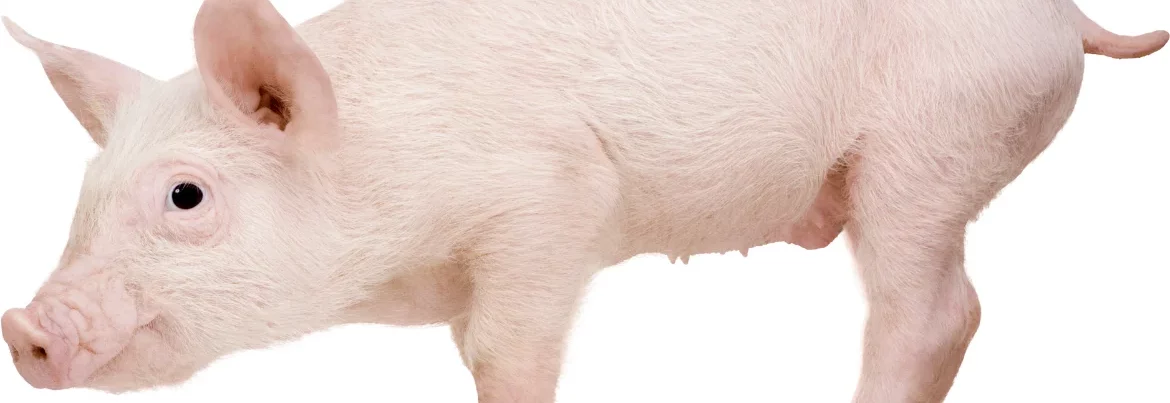
Eating Pork in Islam: What Does the Quran and Hadith Say?
In Islamic dietary law, known as Halal, certain foods are permitted while others are strictly forbidden. Among the prohibited items is pork, which is considered impure and unlawful for consumption by Muslims. This prohibition is deeply rooted in both the Quran, the holy book of Islam, and the Hadith, the recorded sayings and actions of the Prophet Muhammad (peace be upon him). Understanding the reasons behind the prohibition of pork in Islam requires a closer examination of these primary sources.
The Quranic Perspective on Eating Pork
The Quran, the primary source of Islamic guidance, explicitly prohibits the consumption of pork in several verses. One of the most prominent references is found in Surah Al-Baqarah (2:173), where Allah says:
"He has only forbidden to you dead animals, blood, the flesh of swine, and that which has been dedicated to other than Allah..."
This verse clearly outlines the prohibition of consuming the flesh of swine, categorizing it alongside other forbidden substances.
Furthermore, in Surah Al-Ma’idah (5:3), Allah states:
"Forbidden to you (for food) are: dead meat, blood, the flesh of swine, and that on which hath been invoked the name of other than Allah; that which hath been killed by strangling, or by a violent blow, or by a headlong fall, or by being gored to death; that which hath been (partly) eaten by a wild animal; unless ye are able to slaughter it (in due form)..."
This verse reiterates the prohibition of pork and provides additional guidelines regarding lawful slaughter methods.
These Quranic verses establish the foundation of the prohibition of pork in Islam, emphasizing the importance of consuming only what is lawful and pure.
Interested in Learning to Read or Understand the Quran? Sign up For Free Trials
The Hadith Perspective
In addition to the Quranic verses, the Hadith literature provides further insights into the prohibition of pork. The Hadith collections contain numerous narrations in which the Prophet Muhammad (peace be upon him) explicitly forbids the consumption of pork and emphasizes its impurity.
One of the most well-known Hadith regarding pork is narrated by Abu Huraira, in which the Prophet Muhammad (peace be upon him) said:
"Allah has cursed wine, its drinker, its server, its seller, its buyer, its presser, the one for whom it is pressed, the one who conveys it, and the one to whom it is conveyed." He then said, "And he has cursed the flesh of swine, its eater, its server, its seller, its buyer, and its cook." (Sahih Muslim)
This Hadith highlights the severity of consuming pork, as it is considered cursed by Allah and is equated with the consumption of alcohol, another prohibited substance in Islam.
You may also want to read: What Does the Quran About Treatment of Non Believers?
Why Eating Pork is Prohibited in Islam?
The prohibition of pork in Islam is not arbitrary; rather, it is based on wisdom and divine guidance. Several reasons are commonly cited to explain why pork is forbidden:
-
Health Reasons:
Pork can harbor various diseases and parasites that pose significant health risks to humans. Cooking pork thoroughly may reduce these risks, but the potential health hazards associated with pork consumption remain a concern.
-
Hygienic Purposes:
Pigs are scavengers and omnivores, consuming various types of food, including carrion and waste. Their digestive system is different from that of ruminant animals, making them more prone to carrying harmful bacteria and toxins.
-
Spiritual and Moral Purification:
The prohibition of pork serves as a means of spiritual and moral purification for Muslims. By abstaining from pork and other forbidden substances, Muslims demonstrate their obedience to Allah’s commandments and their commitment to leading a righteous and pure lifestyle.
Conclusion
The prohibition of eating pork in Islam, as outlined in the Quran and Hadith, reflects the divine wisdom and guidance intended to safeguard the well-being and spiritual purity of believers. By adhering to these dietary restrictions, Muslims uphold the principles of Halal and demonstrate their obedience to Allah’s commandments. Understanding the reasons behind the prohibition of pork in Islam underscores the importance of following divine guidance in all aspects of life.